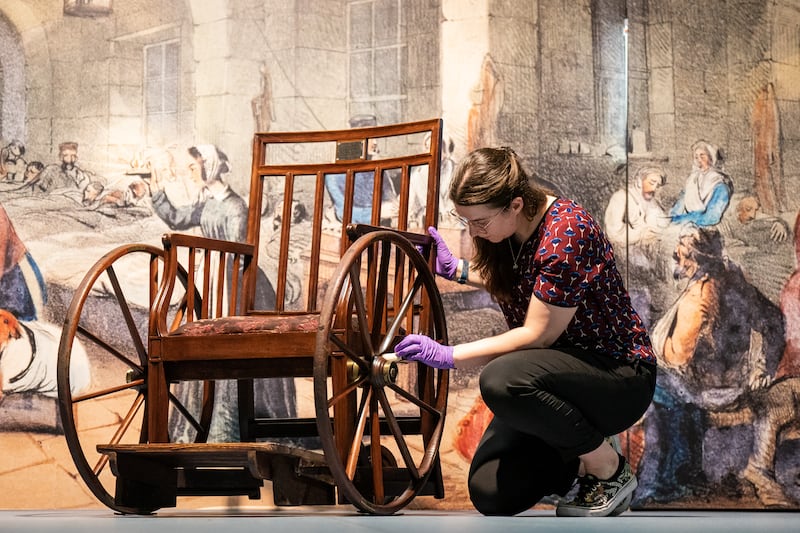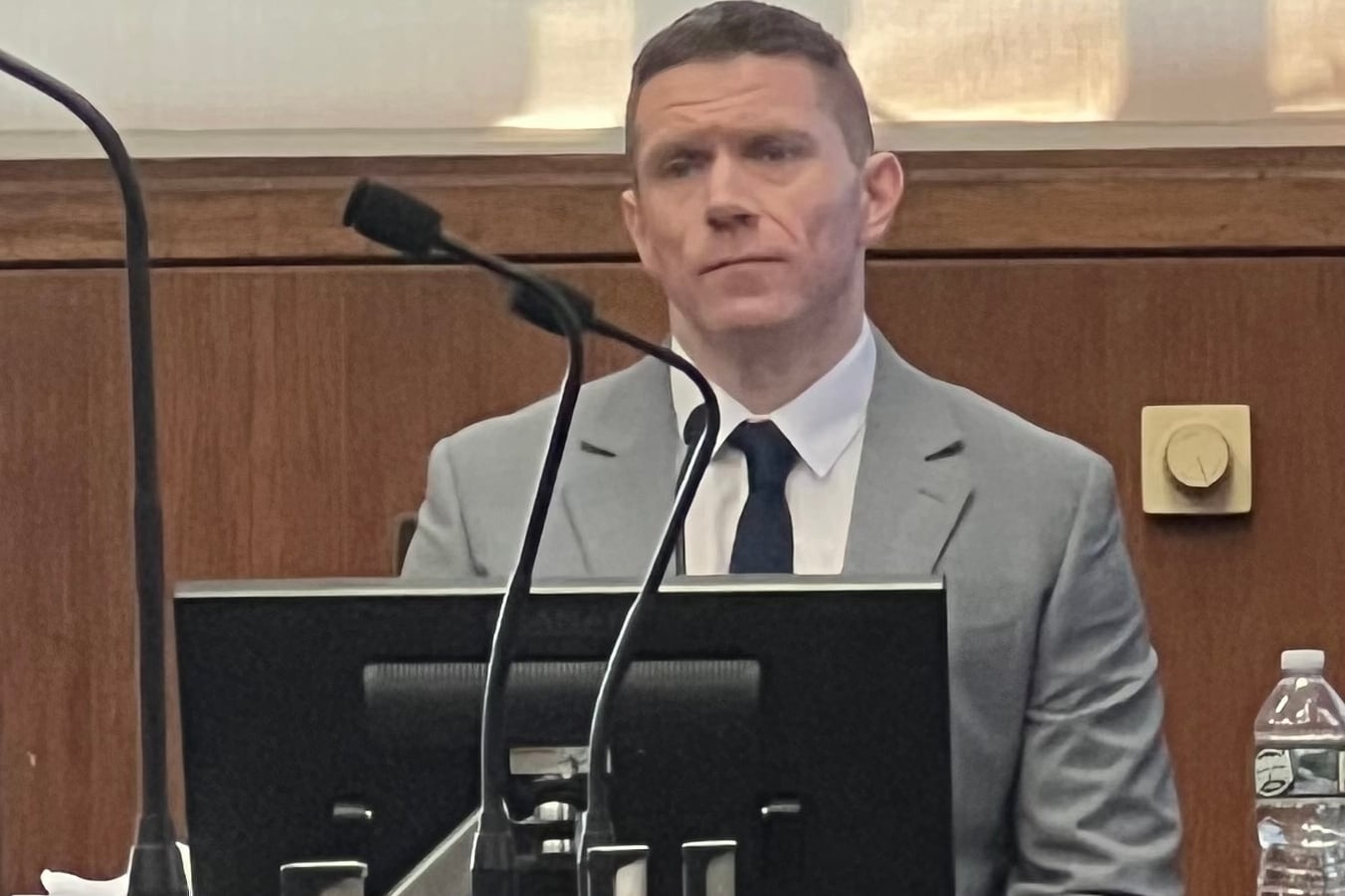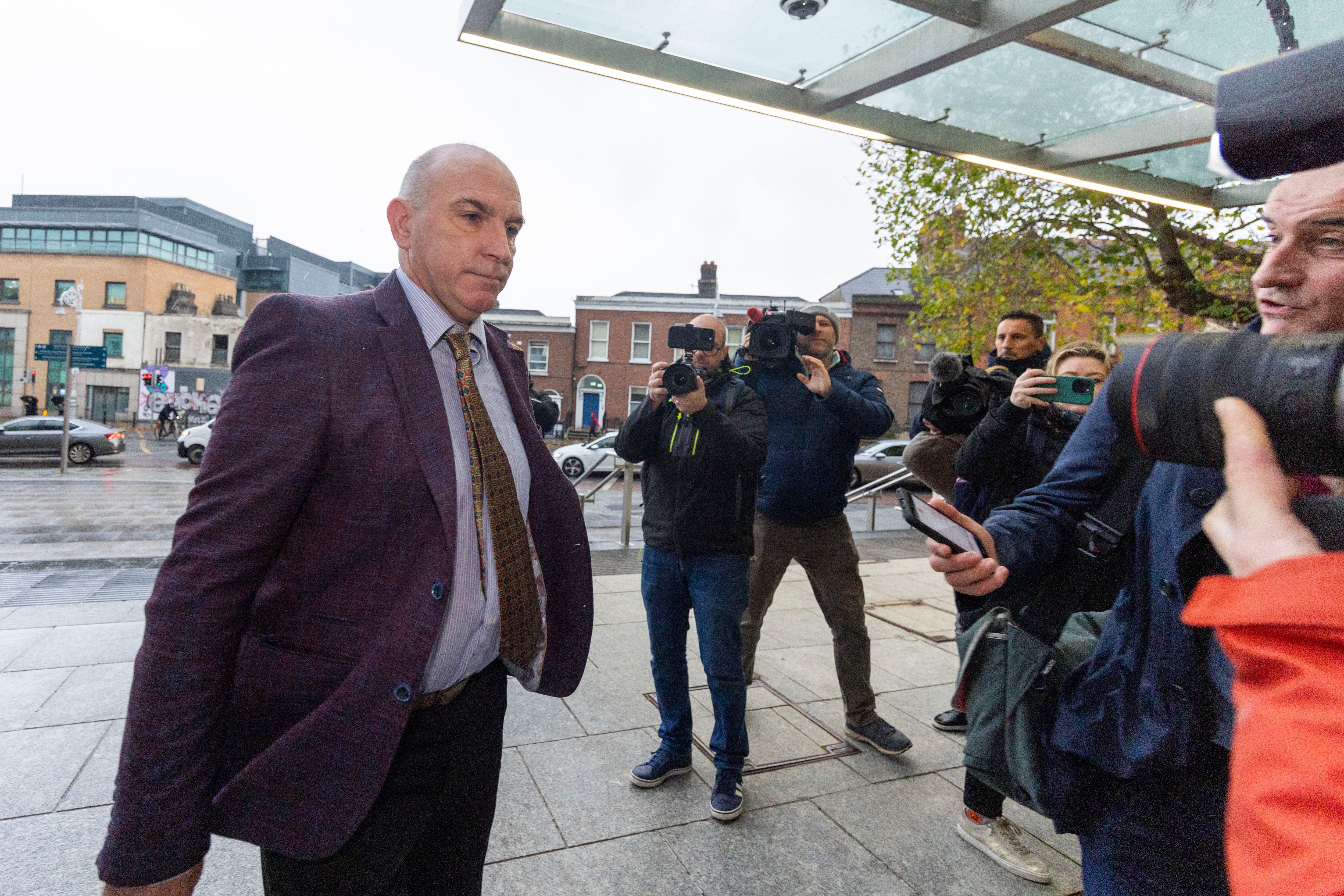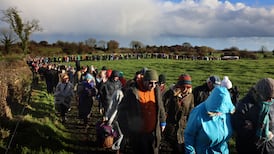August 13th last was 115th anniversary of the death of Florence Nightingale (1820-1910).
Immortalised as the “The Lady with the Lamp” for her care of wounded soldiers in war, she left an impressive legacy of innovative and reforming work far, beyond the limitations this image suggests.
In November 1854, under pressure from the public, authorities in Britain dispatched Nightingale and an initial group of 38 female nurses to respond to the immense suffering of troops fighting in the Crimean War (1853-1856).
Many were dying from preventable diseases and causes other than wounds. Severe deficiencies in logistics and wrangling over jurisdiction fuelled the suffering. Nightingale wrote subsequently of how there was “not a sponge, not a rag of linen” to support her initial efforts.
READ MORE
Men waited days on the shoreline at the Black Sea to be loaded on to ships for a weeklong journey, before again waiting for onward transportation by stretcher or strapped to mules for the final journey to the base hospital at Scutari in Turkey.
The collective gaze of those in authority was not sufficiently centred on humanity or human suffering.
Nightingale rejected the splintered gaze of self-interest and maintained a laser-like focus on people in need and their lived realities. She wrote pointedly to a correspondent in London’s War Office: “I received your letter ... written from Belgrave Square ... I write from a Crimean hut. The point of sight is different.”
A profound ethic of care was deepened in her by searingly painful experiences of death and suffering in Crimea. An uncompromising focus lifted her beyond conventional responses and beyond excuses.
She was scathing of those in authority whose gaze was calibrated by self-protection and self-promotion. She saw clearly how the impulse toward this kind of splintered seeing was the rock on which human lives and humanity itself ultimately perished.
[ Unshakeable purpose – Florence Nightingale, the woman who revolutionised nursingOpens in new window ]

While not impervious to the opinion of others, she did not allow it to drive her actions. She relied on facts and statistics not generalisations, to inform it. Nor did she appreciate what she called the “fuzz-buzz” of hype and celebrity that followed her efforts in Crimea.
Aware of how the integrity of her work could be undermined by the ebb and flow of public opinion, Nightingale deliberately turned away from personal preoccupation with it. With facts and statistics she challenged ineptitude, intransigence and inhumanity.
Nightingale maintained a lifelong wariness about anything that colonised human attention but did little to advance humanity. She was possessed of a type of holy anger that did not accept the unacceptable, and criticised the “tinsel of praise” bestowed on her by the [UK government] war office in London while meaningful support and authority was withheld.
She resisted immense pressure to resign her position and wrote that there was not an official who “would not burn me like Joan of Arc”. “Everything was done to make me resign”.
The popular and persistent image of Nightingale, dutifully making her nightly rounds among sick and wounded soldiers in Crimea bathed in lamplight belied a much darker and grittier reality. She went well beyond what was comfortable and palatable to those in authority by how she gave expression to her ethic of care.
Her advocacy was relentless, her insistence on accountability searing, and her rejection of any lazy pathologising of people and issues uncompromising.
[ Crimean War: An unnecessary warOpens in new window ]
As a committed Christian, she went far beyond a ritualistic practice of her faith, rejecting any notion of Christianity as a small church of consolations providing reward or refuge for the few. Her life’s work and immense canon of correspondence and spiritual writings showed her trust in a loving God who sought to enable life through human agency.
Prayer, for her, incorporated discerned practical action in service of the common good. Why pray, she asked, “to be delivered from plague, pestilence, and famine, when all the common sewers run into the Thames?”
Nightingale was clear that prayer and action must intermingle always, but neither could be a substitute for the other. If everyone prays that someone else may act, how can transformation ever come about?
Nightingale insisted on staying in Crimea until the last soldier had been sent home. She wrote consoling letters to families of men who had died on her watch. This is what a deep ethic of care looks like.
There is a desperate need to re-centre and deepen our gaze on the human beings at the heart of all conflicts, to root out the rot of self-interest, to humanise humanity. Nightingale illuminated the way.
What might be learned from putting the failure of the international community with regard to Gaza, for instance, in dialogue with her?
Noelle Fitzpatrick is a humanitarian aid worker with experience of conflict in Kosovo, Sudan, South Sudan, Lebanon and Syria. She is currently a student of the MA in Chaplaincy and Pastoral work at Dublin City University.









